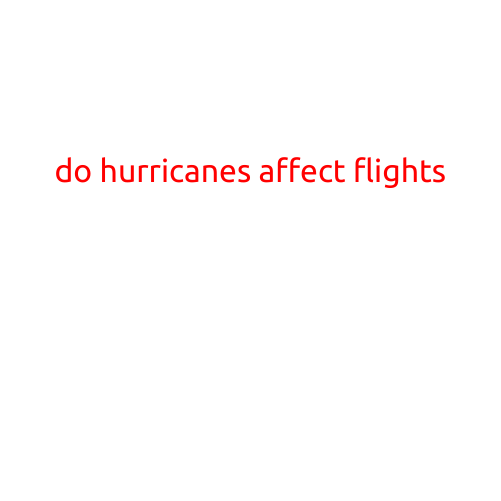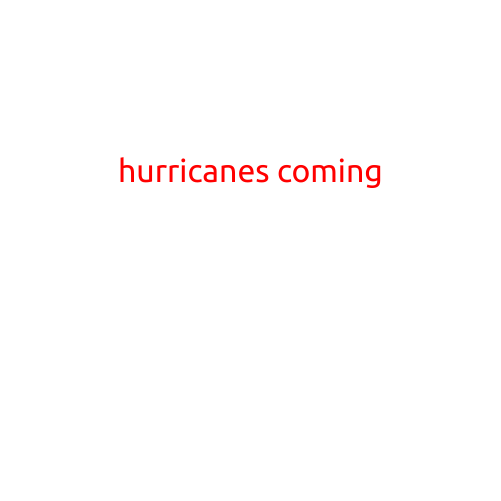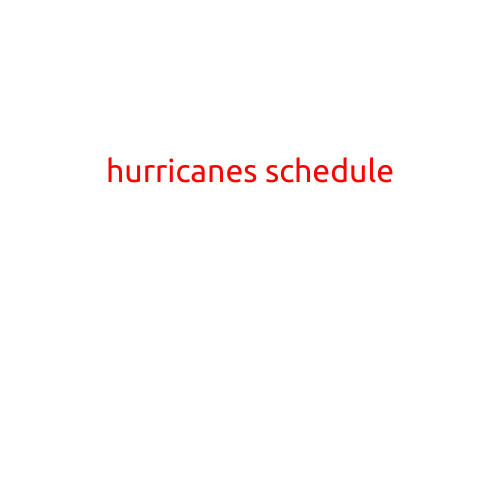
Do Hurricanes Affect Flights?
Hurricanes are powerful storms that can bring destruction and chaos to entire communities. When a hurricane is approaching or making landfall, it can also have a significant impact on the air travel industry. In this article, we’ll explore how hurricanes can affect flights and what travelers can expect during a hurricane event.
How Hurricanes Affect Flights
Hurricanes can impact flights in several ways:
- Flight Cancellations: Airports in the path of a hurricane may be forced to close temporarily or indefinitely, leading to flight cancellations. This can happen if the airport is damaged, flooded, or if the storm surge poses a threat to the facility.
- Ground Stop: Airlines may issue a ground stop, which means that no flights are allowed to take off or land at a particular airport. This allows flights that are already in the air to complete their journeys safely and avoids putting additional pressure on air traffic control systems.
- Route Changes: Flights may be diverted or re-routed to avoid the storm. This can add extra time and fuel to the flight, making it more costly for the airline and potentially causing delays.
- Weather Restrictions: Air traffic control may impose weather restrictions, such as reducing altitudes or restricting flight routes, to ensure safe flying conditions.
- Staffing Challenges: Hurricanes can impact airport staffing, making it difficult for airlines to maintain normal operations.
What Travelers Can Expect
If a hurricane is predicted to affect your travel plans, here are some things you can expect:
- Flight Disruptions: Check your flight schedule and any travel advisories issued by your airline or airport. Monitoring flight status and checking with your airline regularly is key.
- Flexible Travel Plans: If your flight is canceled, contact your airline to see if they offer rebooking options or travel vouchers.
- Airport Closures: Plan ahead by checking airport closures and travel advisories before departing for the airport.
- Delays and Cancellations: Be prepared for delays and cancellations, and have a plan in place for alternative transportation or accommodations.
- Safety First: Prioritize your safety during a hurricane. Follow evacuation orders and avoid traveling if possible.
Tips for Flying During a Hurricane
If you must fly during a hurricane, here are some tips to keep in mind:
- Check with Your Airline: Confirm your flight status and any travel advisories with your airline before heading to the airport.
- Plan for Delays: Pack enough food, water, and entertainment for a potential long layover or delay.
- Stay Safe: Follow airport and airline instructions, and stay away from windows and doors.
- Keep Your Phone Charged: Make sure your phone is fully charged in case of an emergency.
- Be Prepared to Re-book: If your flight is canceled, be prepared to re-book or transfer to a different airport.
In Conclusion
Hurricanes can have a significant impact on the air travel industry, leading to flight cancellations, ground stops, and route changes. As a traveler, it’s essential to plan ahead, check flight status regularly, and prioritize your safety during a hurricane. By staying informed and taking necessary precautions, you can minimize disruptions and ensure a safe and successful trip.





